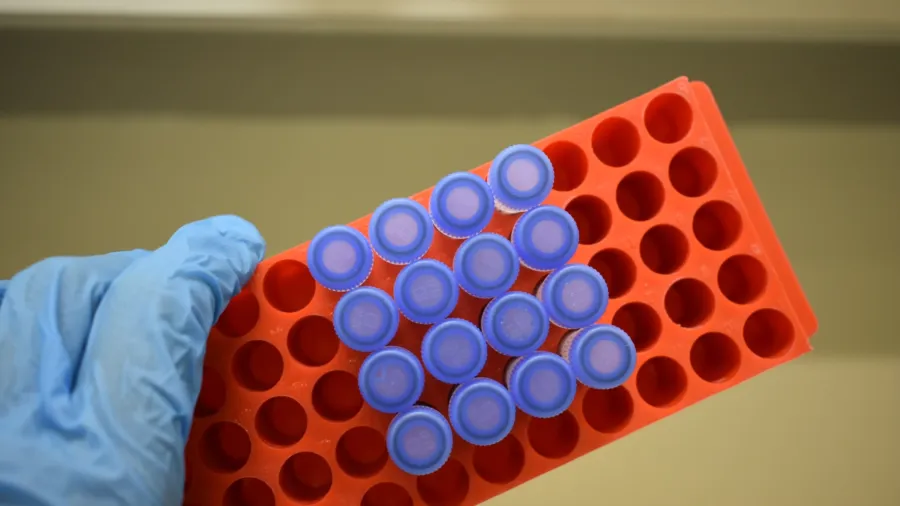
Taiwan pharma firms may face downside risks from proposed drug price policy
IQVIA said reducing the cost sans increasing accessibility would reduce drug value.
A newly proposed drug price policy is seen to impact the pharmaceutical market in Taiwan as the government seeks to contain the drug expenditure in the economy, said IQVIA in a report.
The National Health Insurance (NHI) met with pharma associations to propose a DET price-cut mechanism on 11 September 2023. NHIA will not only “adjust the price according to the actual transaction price but also benchmark the lowest price” from the Top 10 countries, including the US, Canada, Japan, Australia, UK, France, Germany, Belgium, Sweden and Switzerland.
After further evaluation of the data, IQVIA said 10 leading pharma products were all marketed in Taiwan by multinational pharmaceutical companies. Currently, six of these 10 product ingredients have generic drugs or biosimilar drugs (four have generic and two have biosimilar) in Taiwan's NHIA healthcare system.
Under the newly proposed DET programme, seven out of the 10 products will be subjected to price reduction when benchmarking the lowest price of A10 countries.
“The reduction of unit price will vary from NTD5 to NTD16,872 per unit, with the median value of NTD15.8 per unit,” read the statement.
“The ratio of ‘unit price reduction/ A10 lowest’ will vary from 0.175 to 6.434. The total value lost by different dosage units, calculated by applying the reduced unit price times IQVIA data of MAT to Dec. 2022 dosage units (converted to the annual volume) will range from NTD 22.8m to NTD 1,242.5m, i.e., up to 25.5% reduction of total leading 10 products value,” read the statement.
With this analysis, IQVIA said the proposed drug price process will impact the pharmaceutical market in Taiwan.
By lowering the price without increasing access to patients, there will be a negative reduction to the value of pharmaceutical products.
“A drop in drug prices of more than 25% in a short period of time may trigger a comprehensive re-evaluation by global pharmaceutical companies of their launch sequence in Taiwan. Though NHIA will propose a DET factor (usually 30%-40%) as well as IQVIA data including self-pay sales, we believe the analysis is representable,” said IQVIA.



















 Advertise
Advertise






